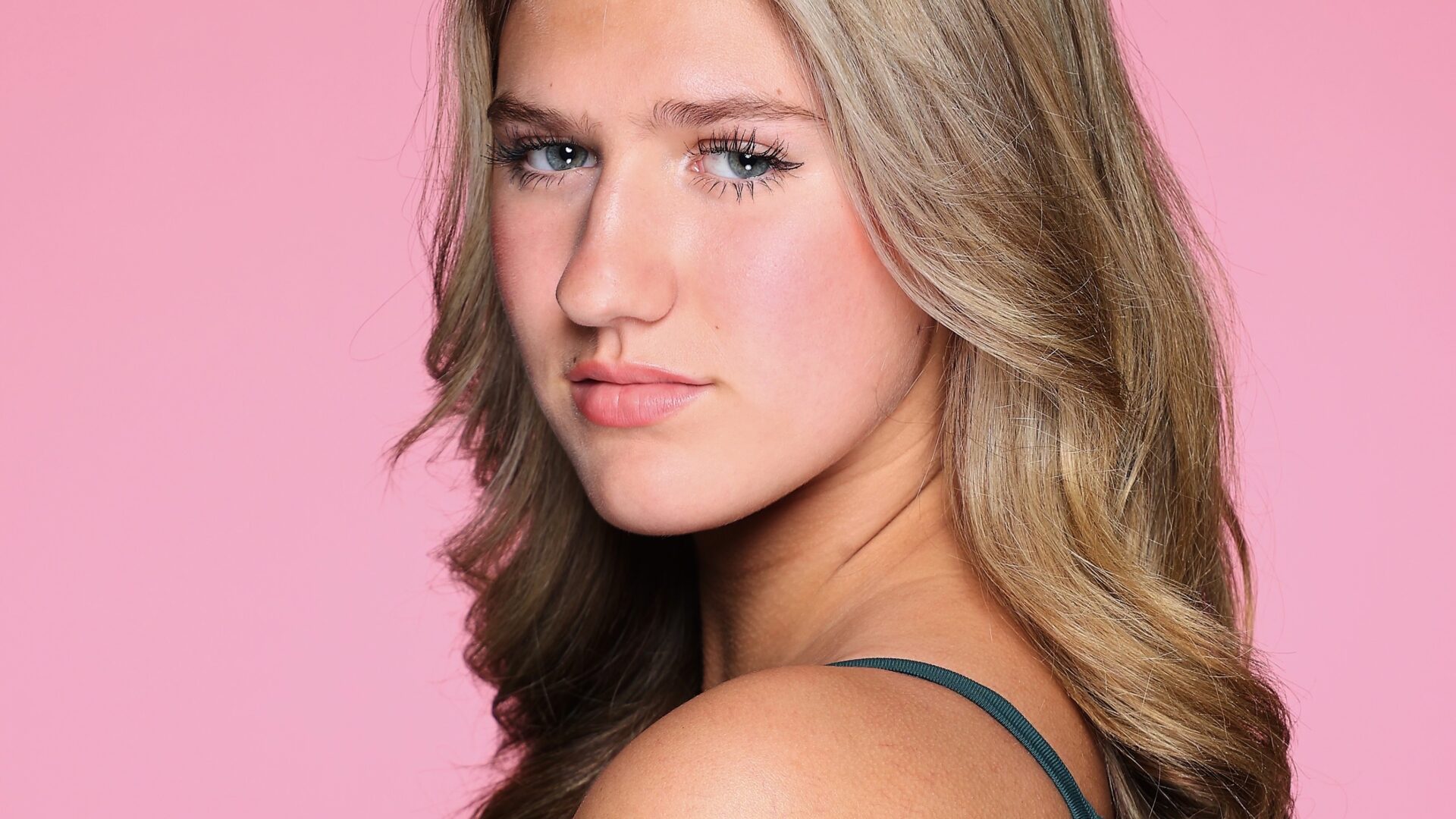Culture May 25, 2023


“He just likes you.” “Boys will be boys.” These are phrases most girls hear their whole life. According to “Time” One in five women who are sexually assaulted are blamed, questioned and silenced. Now Imagine a world where self-expression and individuality are celebrated, where clothes we wear truly reflect our personality, and where conformity is replaced by creativity.
It’s time to challenge the status quo and question the relevance of dress codes. Why should we continue to confine ourselves within the narrow boundaries of what we can wear? It’s time to break free from these restrictions and embrace a society where dress codes are abolished and to create an environment that respects women and embraces body positivity and celebrates their contribution beyond appearances.
In the 8th grade when I was only 13-years-old, I was told to cover my shoulders because I did not want to tempt the boys. At the time I was at a small homeschool with small mixed grade classes and the only boys in my class were a couple of sixth graders. Hearing this at age 13 confused me. Why should I cover up? Why not educate young impressionable kids to be respectful?
School dress codes are advertised as a means to keep students safe and protected when in reality dress codes have been used as a tool to target women and objectify their bodies.
These codes often enforce unfair and discriminatory expectations, placing disproportionate burdens on women. The underlying message is clear: women’s bodies are a distraction, and their clothing choices must be regulated to maintain a sense of control. By strictly dictating what women should wear, dress codes perpetuate harmful stereotypes and reinforce the idea that women’s bodies exist solely for the consumption of others.
This sexualization not only diminishes women’s freedom but also contributes to a culture of victim blaming, where the responsibility for preventing harassment or assault is placed on the individual rather than addressing the root causes. A survey conducted by for The Independent found that 55 percent of men believe that “the more revealing the clothes a woman wears, the more likely it is that she will be harassed or assaulted.”
A young student said … “I’ve been told by a teacher that the way I was wearing my socks made me look like a prostitute in my first year of school, making me 13, and I’ve been asked whether I’m ashamed of myself because I rolled my skirt up.” At this point, it becomes apparent that dress codes are less about safeguarding children and more about upholding rigid social norms.
When a young girl is taken out of class for wearing a revealing top or having too short of shorts under the pretext of distracting her male classmates, it becomes clear that his education is prioritized while hers not so much. It sends a harmful message that girls are responsible for the actions of their male peers.
While schools turn a blind eye to the behavior of male students, they contribute to the societal assumption that sexual violence is unavoidable and victims are partially to blame.
Overall, the enforcement of these dress codes impact a harmful norm of victim blaming. It’s essential that we recognize the issue and take a stand to dismantle dress codes.
Author: Zsa Zsa Zemeckis

